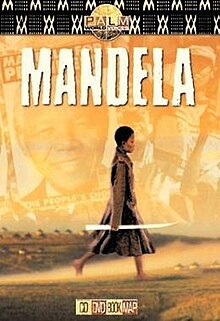Reception
Film critic Roger Ebert, writing for the Chicago Sun-Times , liked the film but felt more information should have been included, especially the motivations of F.W. de Klerk. He wrote, "The actual story of the events leading to the election is more complicated and interesting. Yes, South Africa suffered from economic sanctions. But it could have survived for many years before caving in; it forged clandestine trading arrangements with countries ranging from China to Israel, and its diamonds still found their way onto the fingers of brides all over the world. Civil unrest was widespread, but South Africa had a fearsome array of police and military forces to counter it. If white South Africa had been adamant, apartheid would still be law...None of those events are told in Mandela, which simplifies the transfer of power into a fable of black against white; it all but implies that de Klerk was unwilling to see power change hands." [2]
Critics Frederic and Mary Ann Brussat liked the film and wrote, "Directors Jo Menell and Angus Gibson give us an up-close and personal portrait of this black hero...This inspiring and edifying screen biography celebrates Mandela as a freedom fighter and a liberator — the father of a nation." [3]
This page is based on this
Wikipedia article Text is available under the
CC BY-SA 4.0 license; additional terms may apply.
Images, videos and audio are available under their respective licenses.
